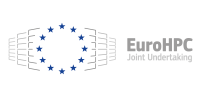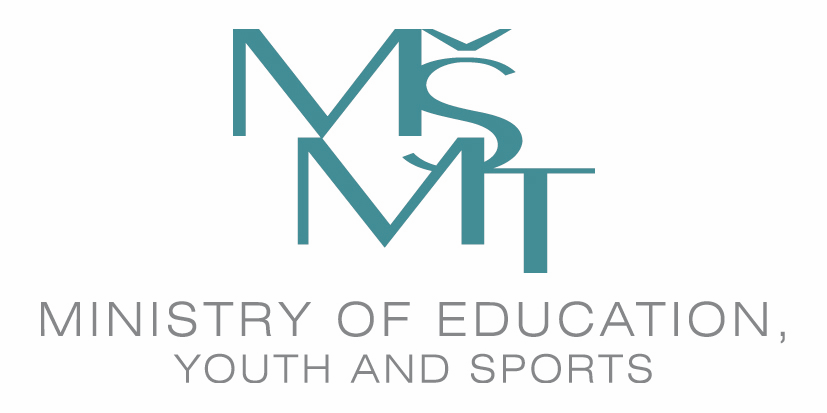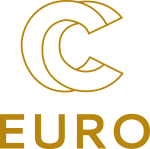Annotation
In this course we provide an overview to end-to-end deep learning with the latest version of Tensorflow/Keras. It covers the basic concepts to define models with Keras and data pipelines with Tensorflow’s „Dataset“, and to visualize the results with Tensorboard while training. If training on one node or GPU is not enough, we show how to scale up/out distributed training onto multiple compute nodes and GPUs with Horovod. Furthermore, we provide an introduction to scikit-learn, with an overview of different machine learning algorithms it provides and how to utilize it on GPUs with H2O4GPU. Furthermore, we provide an introduction to scikit-learn, with an overview of different machine learning algorithms it provides and how to utilize it on GPUs with H2O4GPU and NVIDIA cuML. The training courses consist of a hands-on exercises to be run directly on IT4I's infrastructure.
A short start-up guide to get started with scikit-learn, Tensorflow, and Pytorch frameworks for IT4Innovations and LUMI systems concludes the day.
[exercises, however, will only be done on IT4I infrastructure]
This training will be held in a hybrid mode.
Level
beginner
Language
English
Prerequisites
Understanding of fundamental programming concepts in Python such as functions, loops, dictionaries, and arrays.
About the tutor
Georg Zitzlsberger is a research specialist for Machine and Deep Learning at IT4Innovations. He has for over three years been certified by NVIDIA as a University Ambassador of the NVIDIA Deep Learning Institute (DLI) programme. This certification allows him to offer NVIDIA DLI courses to academic users of IT4Innovations' HPC services. In addition, in collaboration with Bayncore, he is a trainer for Intel HPC and AI workshops and conferences carried out across Europe. He has been contributing to these events, which are held for audiences from industry and academia, for five years.
David Číž is research asistant at the Advanced Data Analysis and Simulation Lab at IT4Innovations and PHD student with focus on machine learning. David worked on projects mostly focused on image processing/computer vision, but has experience in other areas such as natural language processing and reinforcement learning.
Acknowledgments


This event was supported by the EuroCC project. This project has received funding from the European High-Performance Computing Joint Undertaking (JU) under grant agreement No 951732. The JU receives support from the European Union’s Horizon 2020 research and innovation programme and Germany, Bulgaria, Austria, Croatia, Cyprus, the Czech Republic, Denmark, Estonia, Finland, Greece, Hungary, Ireland, Italy, Lithuania, Latvia, Poland, Portugal, Romania, Slovenia, Spain, Sweden, the United Kingdom, France, the Netherlands, Belgium, Luxembourg, Slovakia, Norway, Switzerland, Turkey, Republic of North Macedonia, Iceland, Montenegro. This project has received funding from the Ministry of Education, Youth and Sports of the Czech Republic (ID:MC2101).

This course is supported by the Ministry of Education, Youth and Sports of the Czech Republic through the e-INFRA CZ (ID:90140).
All presentations and educational materials of this course are provided under the Creative Commons Attribution-ShareAlike 4.0 International (CC BY-SA 4.0) license.
![[HYBRID] Introduction to Machine and Deep Learning (EuroCC)](/event/147/logo-3264908871.png)

